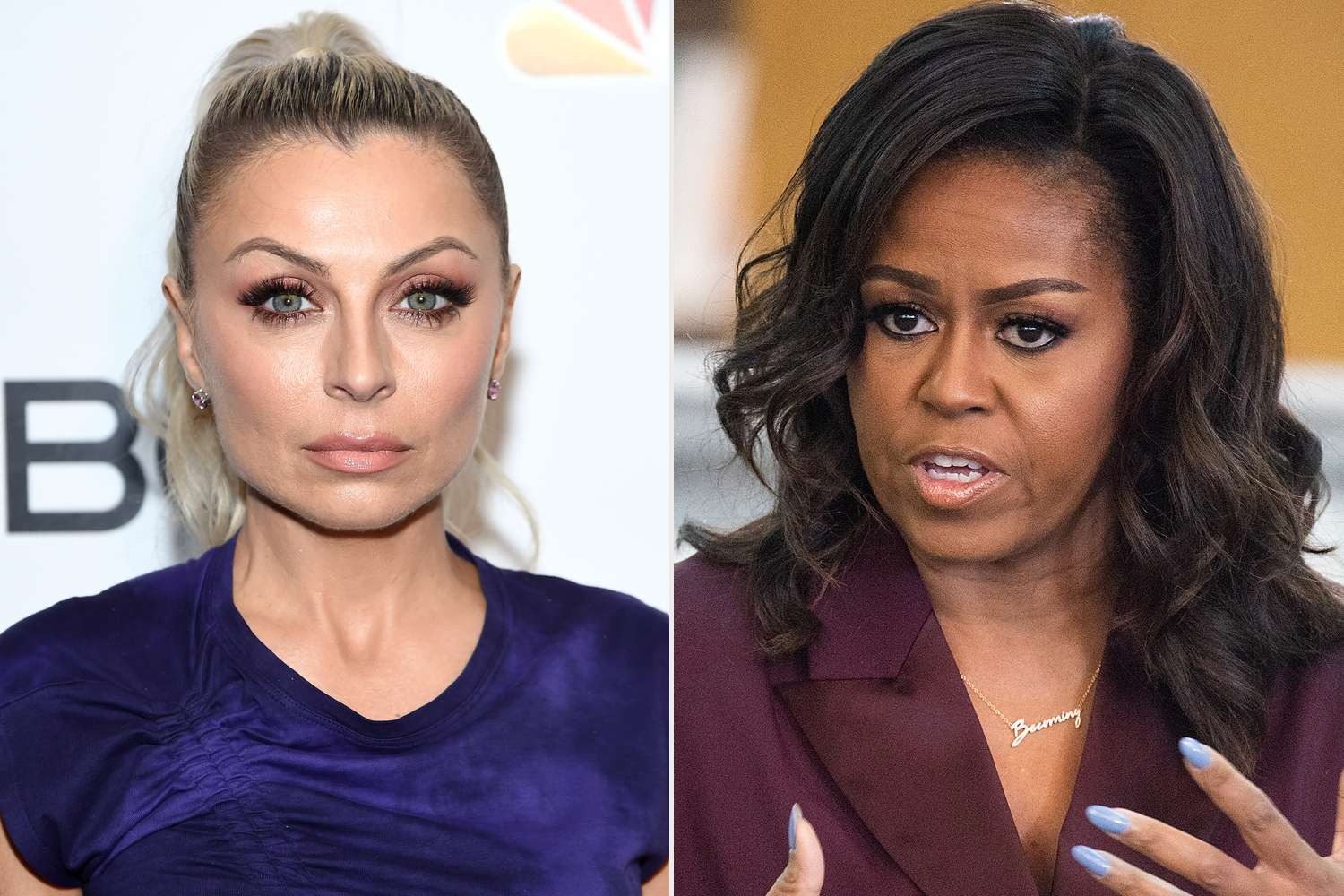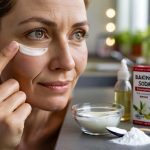Cory Allen tells all of this in his book Breaking Free.
The book talks about the problem of homophobia, i.e., the fact that many gay men are reluctant to come out in the military, the sheriff’s office in Virginia, and also the Secret Service (he joined the Secret Service in 2010).
But there’s plenty of excitement in Allen’s story, too: He was assigned to Michelle Obama’s security detail in 2016 and writes about the whirlwind of her post-White House life, including a star-studded trip to the Grammys in 2019.
We spoke to Allen about his journey, what it was like to be a Secret Service agent, and what it was like to take a spin class with the first lady.
Did you feel like you were living two separate lives?
That was precisely what Allen felt for the first 15 years of his law enforcement career. In the military, there was a policy called “Don’t Ask, Don’t Tell” about sexual orientation. I fell for a classmate, and I had to hide that – if I had been found out, I would have been kicked out with a foul discharge, which would have ruined any government career I wanted.
What examples can you give of homophobia or hostility you observed among your colleagues?
It was an unfriendly environment. Even after I joined the Secret Service, I was sent to the airport squad, away from the main office and my colleagues, to hide me – because the supervisor said they “didn’t want that f–” in the office.
You wrote that the Secret Service hiring process was intense, including a lie detector test that made you feel like “a total dirtbag” even though you had a spotless record.
I applied in August 2008, and it took them until December 2009 to complete the hiring process. They also interviewed your family, friends, and neighbors, and they even went to your home. They did interview my then-partner, and I didn’t know if they realized we were in a relationship.
The six-hour lie detector test was awful – they try to make you admit things you didn’t do.
How would you describe the relationship between a Secret Service agent and the person they protect?
It’s always professional. I worked with the Obamas for about three years, going on the road for book tours and post-presidency travel worldwide. I was assigned to Michelle, and she knew me by first name. I spent much time with her on drives or flights in close environments.
She’s bubbly and genuine. After leaving the White House, she and Barack stayed down-to-earth and went on to great success. I left in 2019, but their personalities never changed.
One of your Instagram captions says, “Fitness was a requirement with Michelle O!” Tell me more about that.
It was necessary. She loves fitness, and I love it too, so that was great for me: We went on 14-mile hikes through the Malibu hills and took spinning classes.
How would you describe the work you’re doing now?
I still work for the government, supervising agents in San Francisco and Seattle. Our job is to investigate government fraud, waste, and abuse. I have six years left before I retire.
Some of the agents you oversee now are members of the LGBTQ community themselves. How has the attitude towards gay agents changed since you started?
It varies from team to team. I am very welcoming towards them and want as many different backgrounds as possible. Still, I get messages from agents and officers thanking me for telling my story and saying they can relate.

 Discuss
More news
Discuss
More news


